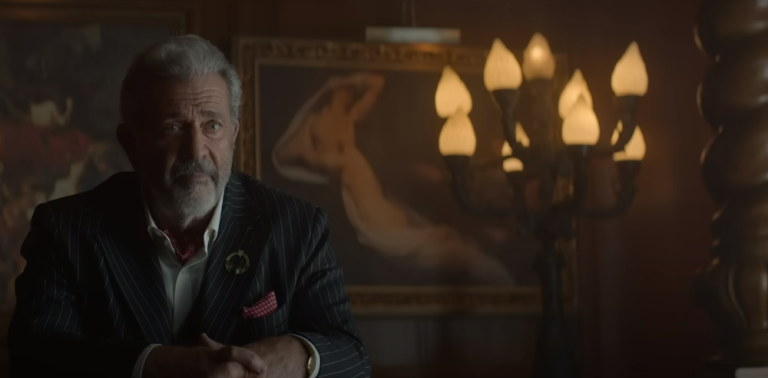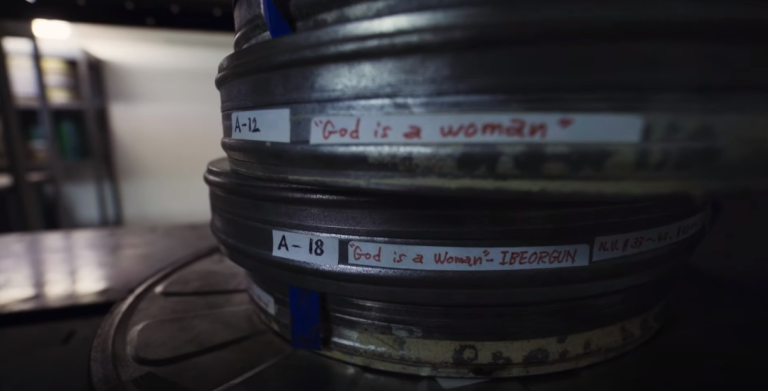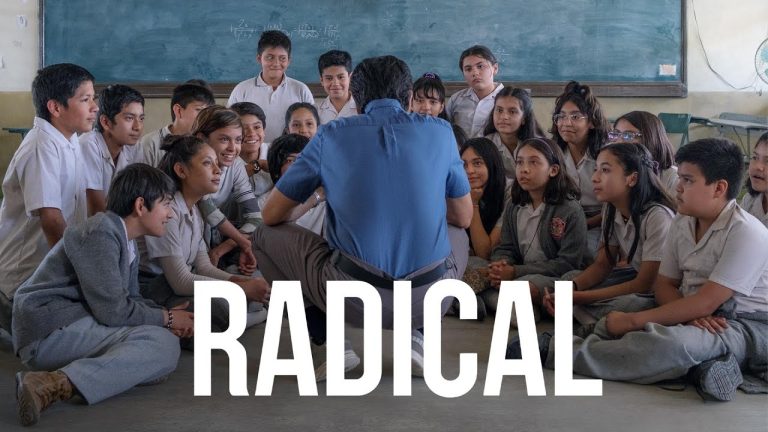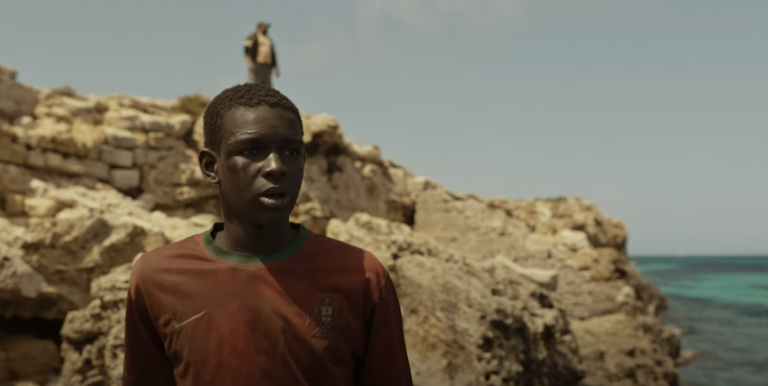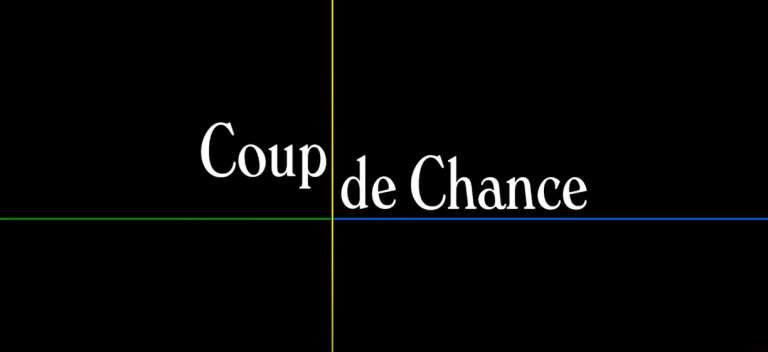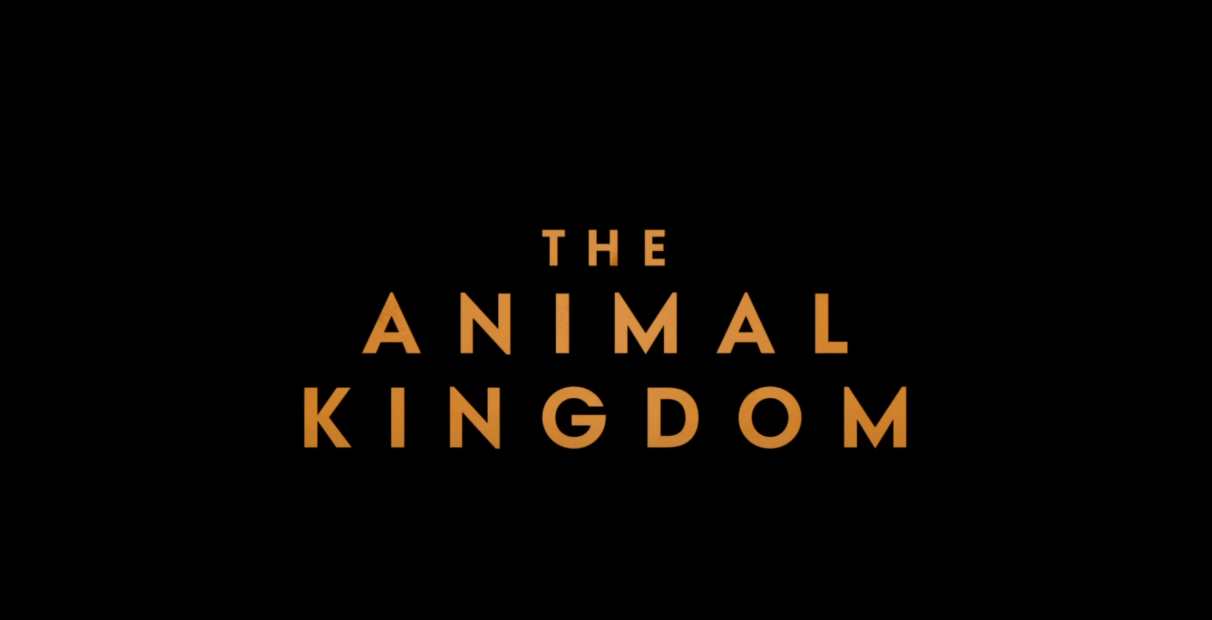

A dad named François scolds his son Émile for giving potato chips to the family dog during a traffic jam. He warns Émile to avoid them too. Émile disagrees and gets out of the car in frustration. Suddenly, an ambulance in the opposite lane swerves, and a strange bird-like man emerges and runs away. Shocked, Émile and François return to their car. Another driver remarks on the odd events.
In Thomas Cailley’s “The Animal Kingdom,” some people in the present world are mutating into different species. These mutations turn them into hybrid creatures with wings, scales, or other animal features. Society fears them and keeps them isolated in hospitals or centers, worried about the potential danger they pose with their claws, fangs, and wings.
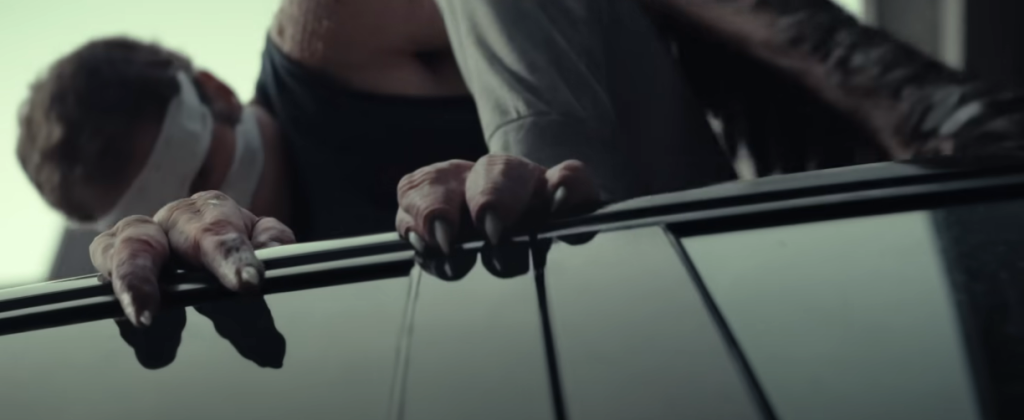
Émile’s mother, Lana, is briefly shown in the hospital with animal-like features. As more people begin to mutate into creatures, sightings become common. Alongside this, Émile deals with typical family and school challenges. However, he soon starts experiencing changes himself—struggling with bike riding, experiencing uncontrollable mannerisms, and developing animal-like traits. He’s also undergoing mutation.
“The Animal Kingdom” seamlessly blends everyday challenges with fantastical elements, engaging viewers with its magical realism. Through the creatures, the film metaphorically addresses societal responses to health crises, reminiscent of how HIV/AIDS patients were isolated in the past. It parallels discussions around COVID-19, highlighting how some countries adapted while others politicized public health discourse. Despite the challenges of masking, testing, isolation, and family tragedies, life continues, making the film particularly relevant.
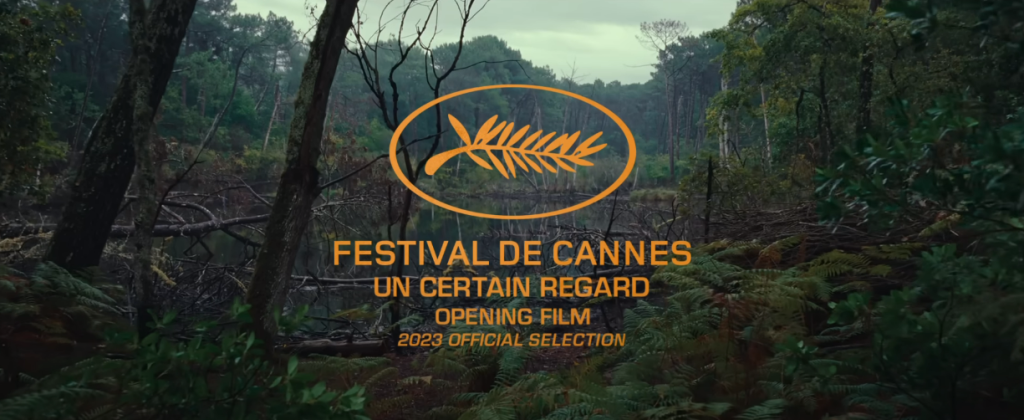
In “The Animal Kingdom,” Émile’s crush on a classmate and François’ budding romance with Julia take a back seat to the challenges of mutation and grief. The film captures the struggle of moving on while still experiencing difficult situations. Despite the picturesque setting, portrayed beautifully by cinematographer David Cailley, the characters face profound turmoil. Romain Duris portrays François’s exhaustion with authenticity, while Paul Kircher embodies Émile’s adolescent anxiety and animalistic instincts with precision.
“The Animal Kingdom” serves as an allegory, reminiscent of “X-Men” without superpowers, depicting the ostracism faced by those with uncontrollable differences. Despite the potential for poor CGI effects, the film effectively portrays the chimeras with enough detail to understand and empathize with both the mutants and the fear of those around them. It highlights the struggle for normalcy in a changing world, where dad still argues with his son amidst chaos. The movie effectively evokes empathy for the hunted “others” while also showcasing humanity’s descent into fear-driven monstrosity in its quest for order. Despite the complexities, life moves forward.

| Aspect | Description |
|---|---|
| Plot | In a world where people are mutating into hybrid creatures, Émile and his family navigate everyday challenges alongside the societal fear and isolation of those with animal-like features. Émile himself begins to experience changes, symbolizing the struggle of acceptance amidst mutation and societal stigma. |
| Themes | The film explores themes of societal responses to health crises, reminiscent of past isolations like HIV/AIDS patients, and parallels discussions around COVID-19. It addresses the quest for normalcy in a changing world and the struggle for acceptance amidst differences. |
| Characters | Émile, his father François, mother Lana, and potential romantic interests Julia and Émile’s crush take a back seat to the challenges of mutation and grief. The characters portray authentic struggles, with Romain Duris and Paul Kircher delivering compelling performances. |
| Cinematography | Cinematographer David Cailley captures the picturesque setting beautifully, juxtaposing the characters’ profound turmoil with the serene backdrop. |
| Allegory | The film serves as an allegory, reminiscent of “X-Men,” depicting ostracism faced by those with uncontrollable differences. It effectively evokes empathy for the hunted “others” while showcasing humanity’s descent into fear-driven monstrosity in its quest for order. |
| CGI Effects | Despite potential pitfalls, the film effectively portrays the chimeras with enough detail to understand and empathize with both mutants and the fear of those around them. |
| Overall Impact | “The Animal Kingdom” seamlessly blends everyday challenges with fantastical elements, engaging viewers with its magical realism. It captures the struggle for normalcy in a changing world, where familial conflicts persist amidst chaos, making it particularly relevant and thought-provoking. |

